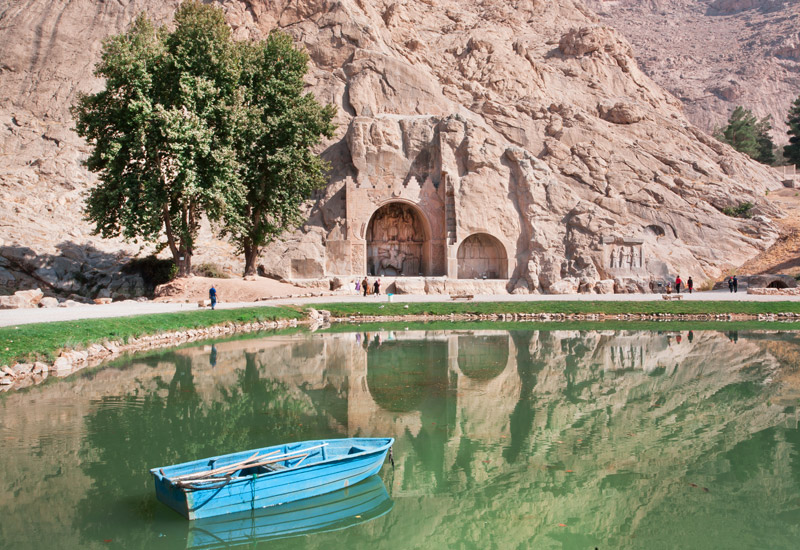Gilani, who previously worked as the managing director at the National Bank of Abu Dhabi, revealed more about the source of funding: “Global banks are hesitant for debt financing and their fear stems from the sanctions, but there is a new paradigm now; however the fear will not disappear overnight. And, in the absence of large global banks, there will be ample opportunity for debt financers from continental European banks, central banks in Europe, including banks from the GCC, India and China. There is plenty of opportunity for banks in these regions to raise credit.”
Gilani added that there is a limited window for investment opportunity, one that will not last for a long time.
Meanwhile, opinions on investment in Iran remained divided across two online polls conducted by Hotelier Middle East. 58% respondents on a Twitter poll suggested that the investors should wait and see, whereas more than 60% on HotelierMiddleEast.com felt that now is the right time to invest.

| Advertisement |
Grant Salter, director, head of travel, hospitality and leisure advisory Deloitte, said interest rates are bound to be high. “Given the inherent risks associated with a new and unpredictable market, we see the availability of funding being constrained in the short-term. There are likely to be players willing to accept the kind of risks associated with these market conditions but these will likely come at the price of high interest rates and heavy loan security requirements where debt is sought.”
Another concern is training, and Landais said AccorHotels will focus on developing hospitality standards. “Iranians are skilled and talented in many sectors, but sadly, that is not reflected in the service industry, which is an irony given how hospitable they are. The commitment Accor has taken as investors is to bring in the expertise, and transfer it to the local Iranian market.”
“We are in the process of registering the company in Tehran and with that we will also obtain the licence to bring Accor’s management training academy, of which we have 17 in the world — one in Dubai. The academy will enable us to train young prospects. So our philosophy is to not only develop hotels in the country, but to also develop the expertise and competence of Iranians in the service industry,” he concluded.
Meanwhile, other hospitality companies are also considering Iran with Rotana having previously reported that it has four properties under development in Iran.
It also claimed to be the first operator to announce plans into the market in December 2013, with four properties under development, all of which will be opened under the brand Rayhaan Hotels & Resorts by Rotana.
Rotana president and CEO Omer Kaddouri previously told Hotelier Middle East that the firm is also, in the tune of Accor, hoping to develop training for Iranians.
So despite a few hurdles, the country has made its plans clear to boost tourism. In January, an Iranian shipping company announced it would launch an Islamic cruise, which will sail between Iran, Muscat and Salalah in Oman, and Mumbai in India. And the government wasted no time and signed a deal with Airbus to purchase 114 new aircrafts just days after the sanctions were removed.









 Search our database of more than 2,700 industry companies
Search our database of more than 2,700 industry companies









